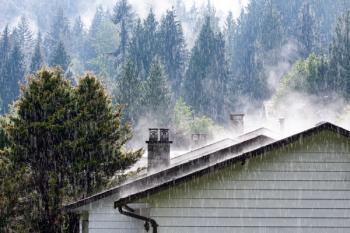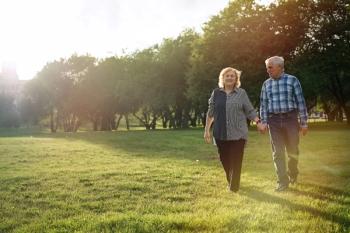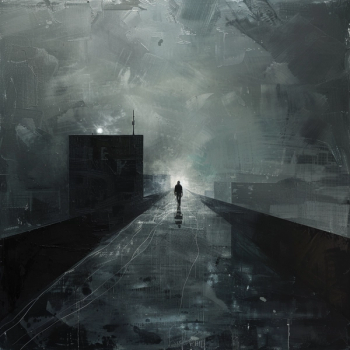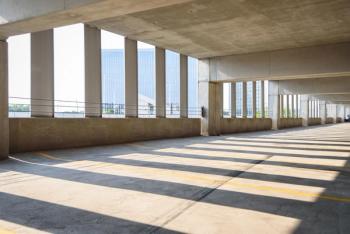
The Discovery
Explore a poem about death, grief, and the healing powers of the humanities.
Understanding grief and its profound impact on individuals requires a multifaceted approach, especially in the realm of medical education and patient care. As an associate professor of Health Systems Science in the Biomedical Sciences Department at the University of South Carolina SOM Greenville and the director of the Patient Engagement Studio, my background in liberal arts and the humanities significantly informs my approach to teaching health sciences. This foundation is pivotal in fostering empathy among medical students, a critical component of patient care and support. By integrating poetry, film, fine arts, and literature into our curriculum, we offer students mirrors and windows into the human experience—reflecting their own emotions and opening views into the lives of others, including their future patients.
The last 1.5 years have presented personal challenges, with both the manager of the Patient Engagement Studio and myself facing the loss of 3 loved ones each, in addition to a cherished pet. These experiences of personal loss bring to light the necessity of addressing grief not only in our patients but within our professional communities as well. How we support each other, acknowledging our vulnerabilities and shared humanity, is as crucial as the care we extend to those we serve.
"The Discovery," a poem born from my own encounter with grief following the unexpected loss of my brother Max Blair, exemplifies the healing power of the humanities. The poem narrates a moment of personal (literal) pain transformed by the serendipitous discovery of
I present to you now, “The Discovery.”
The Discovery
The morning that I fell down the stairs I made a discovery.
I awoke still groggy with sleep but knew the miniature lions and tigers needed their daily sustenance.
I started down the stairs and had the thought that…
Ugh…
I hope this aging body doesn’t one day miss a step and tumble towards terra firma.
Then
Not 3 steps later.
I did just that.
Missed a step and tumbled to the floor.
As I yelled and hollered for help and assessed my bruised and battered body and broken pride, I gently slipped into my deep pity pool that I’ve been steeping in for the past year and a half.
Like a dark and sensuous tea, I’ve wallowed in that deep pool.
I have been a washed and pulled under the waves of death and tragedy and grief and pain and
I just need a pair of floaties.
My breathing then slowed. I gained my footing. And after a bit of rest, I progressed into my day.
Then,
The discovery emerged.
My brothers voice, I thought was lost.
But no.
It still is out there.
In his poetry. That he reads.
Some lost files that I never knew on a stranger’s website.
My heart broke and soared at the same time.
To hear him again.
To hear him again.
In some ways, he’s still here.
With us all.
That laugh, so deep and powerful.
I can envision him, twirling his mustache like a cartoon villain that he may have resembled in visage, but never in his heart.
Respite.
I feel as though his gift of words are flowing through me now,
Asking me to carry his mantle of the power of the pen.
WRITE he says.
“Write.
It will help you remember.
It will help you remember who YOU are. Who I was. Who WE are.
Remember me.
Remember you.
Remember us as children when I let you sleep on my floor for two weeks after we watched that scary movie that shook your dreams and brought the terrorscape deep into the night.
Remember when I crashed the car when Grandpa tried to teach me to drive.
And never forget, how you NOW laugh, even if you didn’t then, when I played my recorder for your friends at your high school drinking party.
Remember me.”
With that,
I turned and smiled at the dragon on my desk.
I took a breath.
And swam towards the light.
As I broke the surface, I sprouted wings, and soared towards the heavens.
As I turned and looked down at that deep deep deep pool, I realized it was not pity I was marinating in.
It was the crystal-clear depths of wonder and awe and joy, thought lost to angst and woe and grief
That my brother’s lost voice was able to unveil.
Dr Kennedy is an associate professor in the Biomedical Sciences Department at the University of South Carolina School of Medicine Greenville. She also holds an appointment in the Family Medicine Department at Prisma Health and is the director of the
Newsletter
Receive trusted psychiatric news, expert analysis, and clinical insights — subscribe today to support your practice and your patients.







